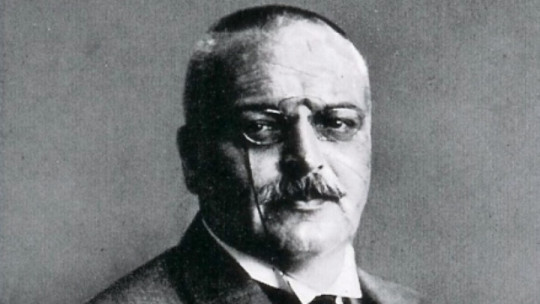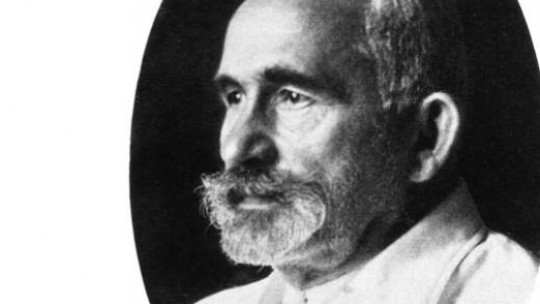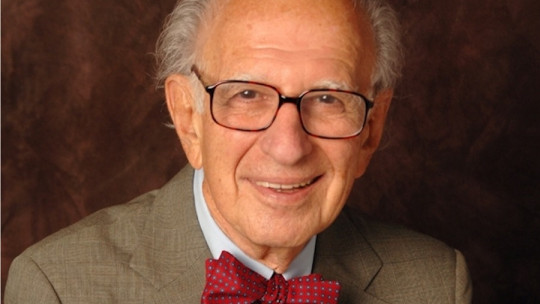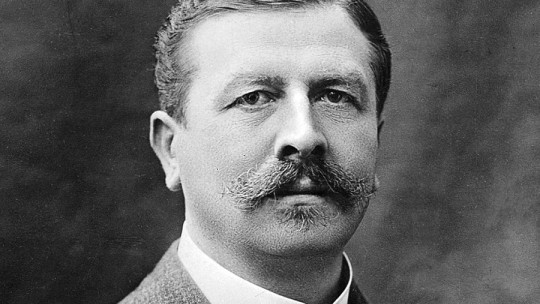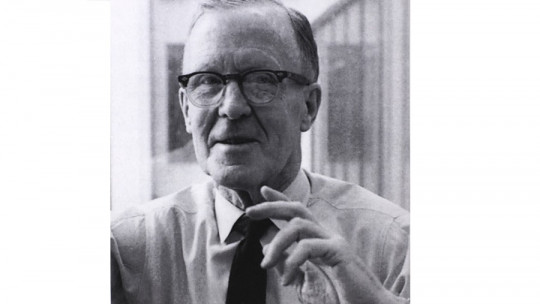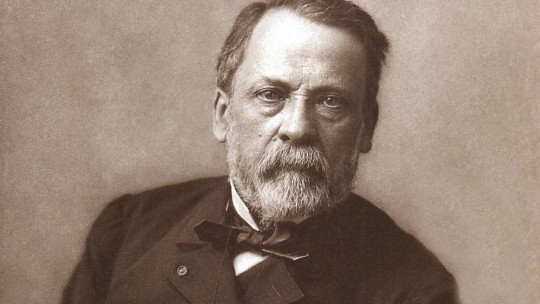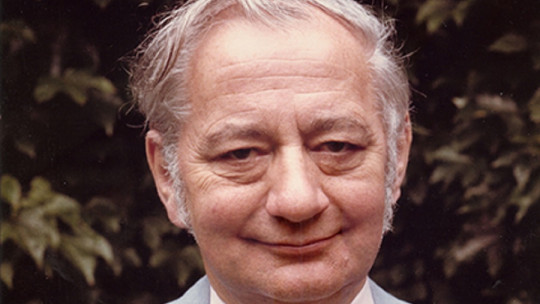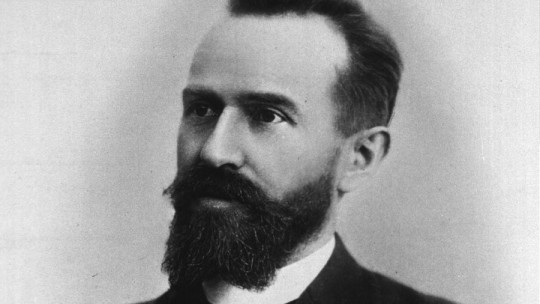One of the problems associated with age is memory loss. When they reach old age, many people suffer from dementia, which is disabling and generates a lot of psychological discomfort, both for those who suffer from it and for those closest to them.
Of the diseases in which there is significant memory loss, the most famous is Alzheimer’s, characterized by a decrease in the thickness of the cerebral cortex and abnormalities in neurons.
In this article we will see, as a summary, a biography of Alois Alzheimer, the discoverer of the disease that bears his name and that is behind the majority of cases of dementia.
Biography of Alois Alzheimer
Alois Alzheimer was a German neurologist and psychiatrist born in Bavaria, Germany on June 14, 1864. He died on December 19, 1915 in Wrocław, now Wrocław, Poland, aged 51.
Already in the years when he was going to school he showed interest in science, excelling excellently as a student. For this reason, and following the advice of his father, he decided to study medicine, being the first in his family to opt for this career.
Vocational training
In 1883 he began his medical studies at the Friedrich Wilhelm University in Berlin, however, five months after starting, he transferred to the University of Würzburg. During the winter semester of 1886-1887 he studied at the Eberhard Karls University in Tübingen. When he returned from that stay, He decided to deepen his knowledge in histology and embryology, under the tutelage of the Swiss anatomist Albert von Kölliker Von Kölliker was the one who supervised Alzheimer’s doctoral thesis: “On the ceruminous glands.”
Although initially histological studies of Alzheimer’s addressed different parts of the human body, the truth is that he considered that the study of body tissues could be very useful in clarifying the biological causes behind psychological disorders.
In 1888 he graduated in medicine and obtained a license to practice throughout the German Empire. That same year he began to work at the Municipal Asylum for the Insane and Epileptic in Frankfurt, where he showed his great talents as a doctor. In that same city he met Franz Nissl a great psychiatrist and medical researcher, and they developed a great friendship.
Both carried out several neuropathological studies together and considered that the mechanical restraint of patients with mental disorders should be reduced, promoting the autonomy and freedom of those admitted. They considered that a good method to calm patients was spa baths. Together They tried to find out what were the organic bases of mental disorders In 1896 he succeeded Nissl as head of the Frankfurt asylum.
Several years later, in 1903, Emil Kraepelin, who is considered the founder of modern psychiatry, invited Alois Alzheimer to join his clinic in Heidelberg. Despite the great opportunity that this represented, Alzheimer was only in the clinic for about six months.
Research and work: Auguste D. case
During his years in Frankfurt, Alzheimer had the opportunity to learn about the case of a patient who would make him famous: Auguste D.
Auguste D. was a 51-year-old patient who had been admitted because had a very advanced state of memory loss At first, about six months before her admission, her symptoms had been attacks of jealousy, in which she thought that her husband was having an affair with a neighbor. After that, after about two weeks, she began to have memory problems, completely forgetting aspects of her life, which prevented her from doing household chores.
Alzheimer kept track of the progression of Auguste D.’s dementia, noting any new symptoms or notable behaviors. The patient never received any treatment other than baths to calm her down.
When Auguste D. died, Alzheimer proceeded to study his brain , convinced that the symptoms had a neurological explanation. He took samples, colored them with chemical dyes and saw that, unlike healthy neurons, the patient’s neurons had a peculiarity never seen in other patients before. In addition to having senile plaques, composed of extracellular matter, Auguste D.’s brain had neurofibrillary degeneration, that is, changes in the structures of neurons.
After this case, and once he had published several studies, in 1906 Alzheimer presented the disease detected in Aguste D. at the conference that would catapult him as a famous scientist. At the 37th Southwestern German Psychiatric Conference, Alzheimer presented his research under the title About a specific disease of the cerebral cortex. He indicated that he had been studying an unusual neurodegenerative disease which affected the cerebral cortex and whose main symptoms were memory loss, spatiotemporal disorientation, hallucinations and death.
Although Alzheimer initially considered the disease he had discovered to be rare, the truth is that it is one of the most common causes behind dementia. Kraepelin was the one who named the disease Alzheimer’s in honor of its discoverer in 1910 in the eighth edition of the Manual of Psychiatry.
In 1912, Alois Alzheimer was appointed ordinary professor of psychiatry and took over the direction of the psychiatric and mental clinic at the University of Breslau.
Death and legacy
In 1913, heading to Breslau to take up his newly appointed position as head of the Department of Psychology at the Friedrich-Wilhelm University, Alzheimer suffered a severe cold worsened by endocarditis which was the cause of his death in 1915.
Just 5 years after Alzheimer’s death, the disease was already widely known in the scientific community. Researchers of the stature of Ramón y Cajal experimentally approached Alzheimer’s disease in order to confirm the findings that the German doctor had found.
Alzheimer’s disease has been one of the great concerns since it was described It implies a serious deterioration in both the patient’s autonomy and the dynamics of their family environment. There are many research groups that have addressed this disease and thanks to their findings, drugs have been produced that help slow down the development of the disease.
Also, thanks to the fact that this disease was able to be given a name, there are many foundations dedicated to raising awareness about the disease in society, such as the Pasqual Maragall Foundation, in addition to there being an international Alzheimer’s day (September 21).
Although more than a hundred years have passed since Alzheimer’s described it, the truth is that not everything is still known about this disease, which has come to be considered the epidemic of the 21st century.

